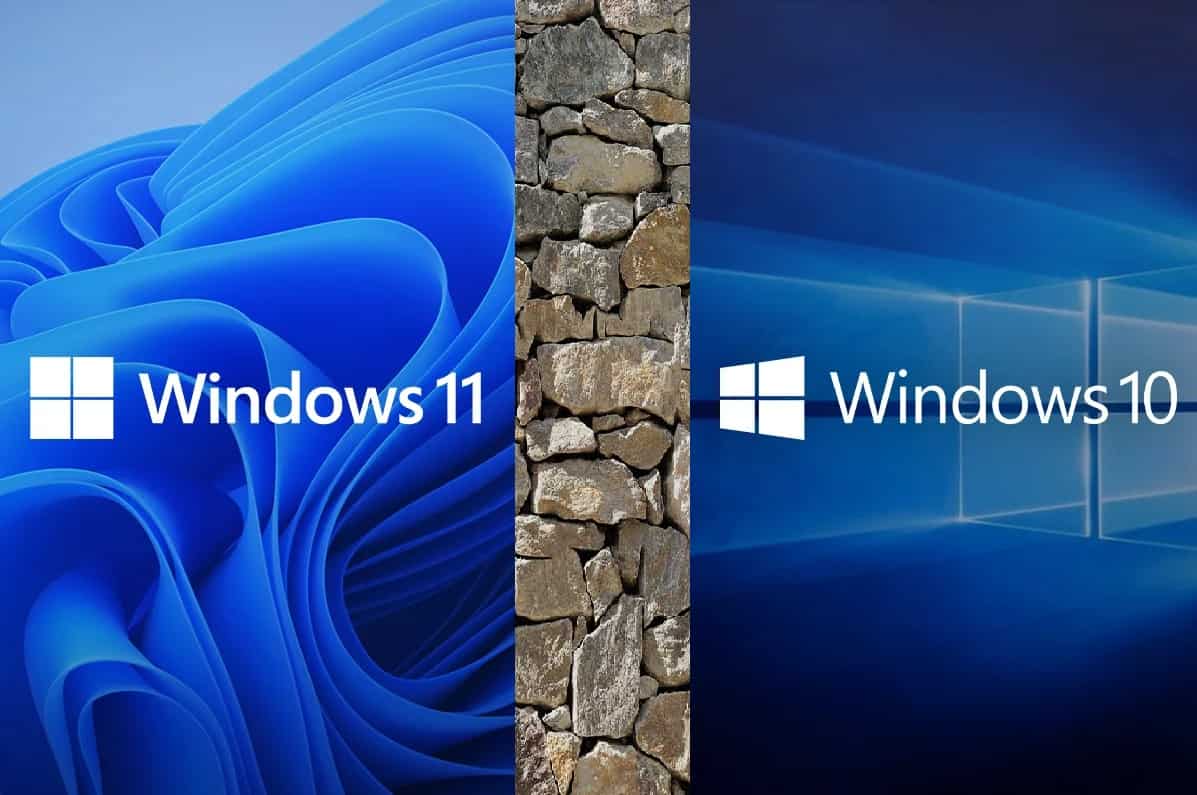Don't want to accidentally update to Windows 11? Here's how to block it
2 min. read
Updated on
Read our disclosure page to find out how can you help MSPoweruser sustain the editorial team Read more

While Windows 11 has a number of great new features, such as the ability to run Android apps, it also features a significant change in the look and feel of the operating system, particularly with the new Start menu, and you may not feel invested enough in Microsoft’s new OS to make the effort to relearn your work patterns.
Microsoft will soon start pushing out the OS update to Windows 10 users who’s PC meet Microsoft’s hardware requirements, and the company is also well know for using dark patterns into tricking users into upgrading.
If you want to make sure you don’t wake up one day with Windows 11 installed on your PC, there is an easy way to block the update from being offered to your PC.
Microsoft introduced a new TargetReleaseVersion specification in Windows 10 1803, which allows you to set which version of Windows 10 you would like your OS to upgrade to or remain at.
To prevent the new OS from being offered to you, you simply need to do a bit of registry editing.
- to press windows + R., type regedit and press log into
- Navigate to Computer HKEY_LOCAL_MACHINE SOFTWARE Policies Microsoft Windows Windows Update
- Create a new DWORD (32-bit) value called TargetReleaseVersion and assign it a value of 1
- Create another DWORD (32-bit) value called TargetReleaseVersionInfo and assign it a value of 21H1
If you have Windows 10 Pro, you can do the same via the Group Policy Editor.
Simply go to Local computer policy > Computer configuration > Administrative models > Windows components > Windows update > Windows Update for Business and double click Select the target feature upgrade version. Enter 21H1 and hit ok before restarting your computer.
This registry option will still automatically update your PC to the latest version of the OS which Microsoft offers 60 days after your version goes out of service, but that is still likely to be several years away, by which time Microsoft will probably have fixed all Windows 11’s deficiencies.
All registry edits are of course at your own risk.
via news-block








User forum
0 messages